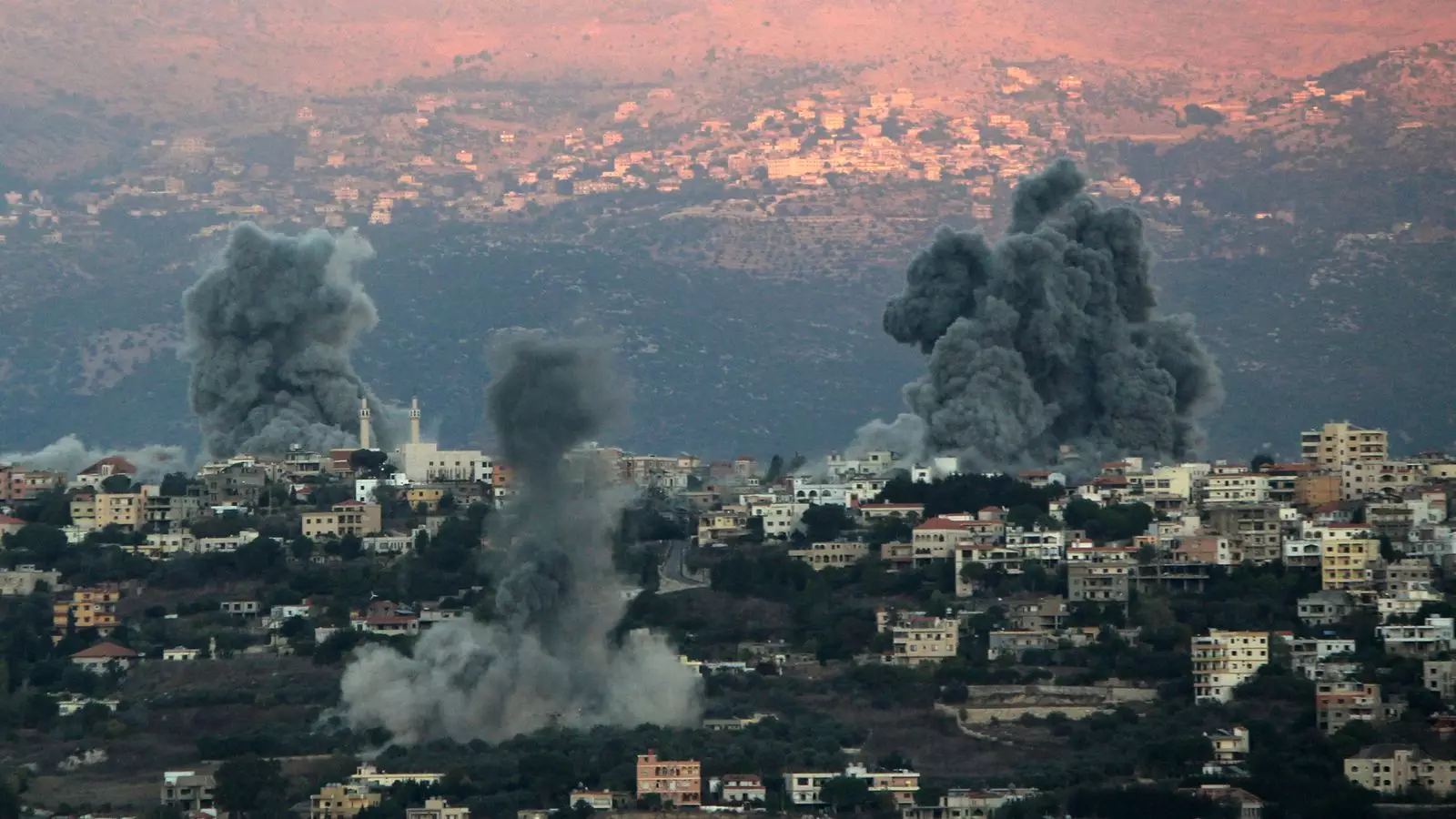In a rapidly deteriorating situation in Lebanon, British Foreign Secretary David Lammy has issued a stark warning to UK nationals residing there. His advisory follows escalating tensions following the killing of Hezbollah leader Hassan Nasrallah in Israeli airstrikes, which has led to fears of a broader regional conflict. The gravity of the circumstances is highlighted by Lammy’s pressing call for immediate evacuation, underscoring the unpredictability and potential peril British citizens face in the volatile environment.
He has described the unfolding scenario on the ground as “fast-moving,” indicating a fluidity that complicates the ability of the British government to provide timely support or protection to its citizens. The situation is not just a domestic issue for Lebanon; it reflects the broader challenges of geopolitical stability in the Middle East, wherein alliances and hostilities interchange rapidly and, at times, dangerously.
The British government is taking decisive action to safeguard its citizens. Lammy revealed that a rapid response unit has been deployed to assist the roughly 5,000 British nationals currently in Lebanon. Additionally, 700 UK troops have been stationed in Cyprus, poised to assist in evacuation efforts. The Foreign Secretary has confirmed that commercial flights have been secured for expatriates seeking to leave Lebanon promptly. This proactive approach signifies an acknowledgment of the seriousness of the situation and the need for immediate action.
Lammy’s repeated urgings for British nationals to evacuate suggest that the government is not only concerned for the safety of its citizens but is also aware of the limited window available for effective help. He referenced ongoing advisories against travel to Lebanon, emphasizing that the risks are not merely theoretical; they have been manifest in escalating violence and dangerous conditions.
As violence erupts and the threat of a ground invasion looms, the potential for a full-scale war cannot be understated. With Israeli Defence Minister Yoav Gallant announcing a heightening of military operations against Hezbollah, the implications for both regional actors and international communities are substantial. This volatile landscape could set off a chain reaction, drawing in neighboring nations and further destabilizing an already fraught geopolitical landscape.
During a recent conversation with U.S. Secretary of State Antony Blinken, Lammy expressed mutual concerns regarding the situation. The looming question surrounding how far nations will go in their respective military engagements remains unanswered, particularly in light of Iran’s support for Hezbollah. Such support multiplies complexities and raises alarms about a broader conflict involving Iranian and Israeli interests.
Lammy’s insistence that British citizens should make use of available resources to exit Lebanon immediately reflects a tactical recognition of the precarious nature of the current events. His cautionary statements highlight an understanding that once conflict escalates, the government’s ability to assist may be severely hampered by uncontrollable factors.
Citizens contemplating whether to leave must weigh the risks of remaining against the assurances of protection and aid offered by the government. Lammy’s advice is not just an appeal for compliance but an acknowledgement of potential regret for those who choose to stay as conditions deteriorate further.
The Role of Diplomacy in Turbulent Times
As tensions peak, the importance of diplomatic efforts to mitigate conflict becomes critical. Lammy’s recent interactions with Iranian officials underline the potential for dialogue amidst chaos. Encouraging restraint and seeking common ground may be the key to de-escalation in a region that has, historically, seen the consequences of unchecked aggression.
With a landscape fraught with ambiguity, the urgency for governments to take preventive measures cannot be overstated. While military interventions may appear necessary, the focus must also remain on effective negotiations that could lead to lasting peace rather than temporary solutions marred by continued violence.
The interlocking crises in Lebanon serve as a clarion call for both citizens and governments to reassess strategies for safety and stability. British nationals are urged to act promptly while the government mobilizes resources to ensure their safety. The situation remains fluid, and the stakes could not be higher.

Leave a Reply